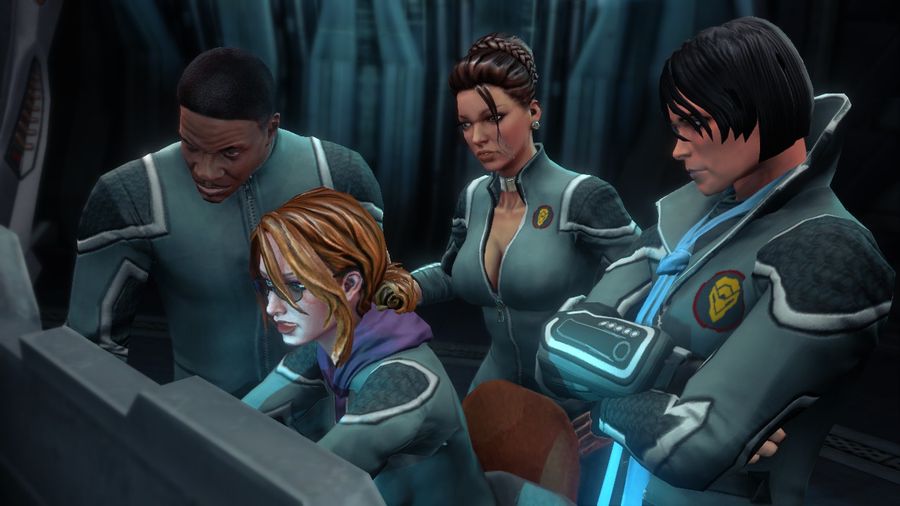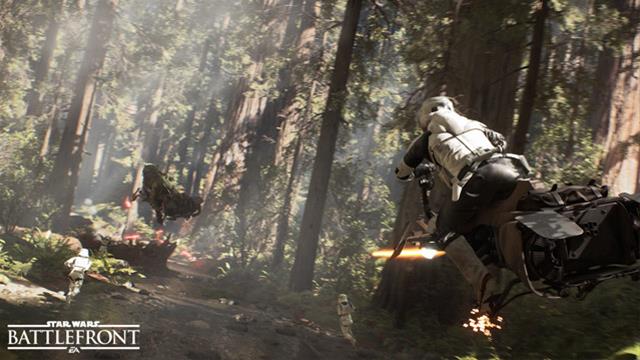

As part of Gamereactor UK's new policy towards episodic titles, we'll discuss individual episodes as they release but leave a final roundup verdict until the entire season is completed. As a reflection on that, these recaps will also pinpoint the strongest and weakest elements we found in each episode, and as such contain spoilers.
The fourth episode of Life is Strange delivers on all levels as mysteries of Arcadia Bay reach a boiling point. Not only does it offer an emotional rollercoaster, but it actually progresses the main story, the mystery behind the disappearance of Rachel Amber, to what we assume is pretty much its conclusion. That's not saying there isn't more to uncover, but if you were looking for answers there's plenty in Episode 4.
Episode 3 ended with a rather major twist dropping Max in an alternative timeline at the start of Episode 4. Naturally we won't spoil what happens here or how you got there or indeed how you eventually return to your original timeline, but this opening act of the episode included the most emotionally charged moment we've experience thus far in the game. And that's saying a lot. Our eyes were literally tearing up as it concluded. This little sidestory also provided those of us who have been slightly irked by Chloe's use of the word "hella" with a brilliant little exchange between Max and Chloe. It certainly made hearing all those "hellas" worth it.
There are more emotionally charged moments in this episode (some that you may find even more emotional), but for us the beginning held the most meaning as it was so central to the core of the narrative - the friendship between Max and Chloe.
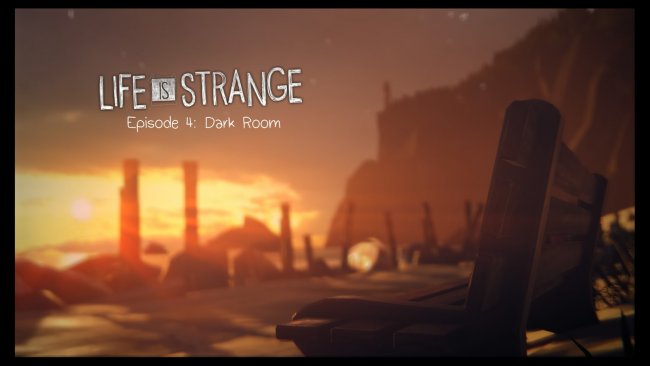
The fourth episode is the first one to truly dive into the disappearance of Rachel Amber as Max and Chloe search for clues and start putting things together. This is perhaps the weakest part of the narrative as you're sort of handheld through this process, and therefore it doesn't feel as rewarding as it could have been. For something that's really central to the story it is surprising that Dontnod spend as little time on it as they actually do, but we can't fault them for focusing on the characters and relationships as at the end of the day that is what Life is Strange is really all about. It's all tied together, of course, but still the game doesn't really do a great job of making you feel like a clever detective.
One relationship that played out in Episode 4 was the strained relationship Max has with Victoria - the posh know-it-all who clearly stops at nothing to get ahead in life. Throughout the game you've seen some of Victoria's less than stellar personal traits, but you've also caught glimpses of some more positive sides to her persona. She's not easy to like and the game makes it so, but depending on how nice you've opted to treat her it will have a rather major impact on how she takes something you can choose to tell her. Exactly what the fallout of telling her / not telling her (or her not choosing to trust you) is something we'll likely see in Episode 5, but it was nice how a seemingly mundane choice way back in the first episode had such an impact on something very central and serious at the end of the fourth episode.
The episode offers very rich imagery from dead birds, to stranded whales and astronomical phenomenon. We experienced some technical issues with the PS4 code - all of them to do with graphical glitches. Nothing that will ruin your experience too much, but it does hurt immersion.

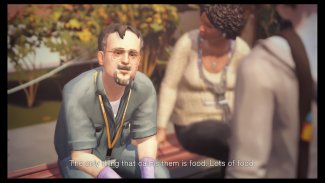
Dontnod have been rather heavy handed at times with the references in Life is Strange, and this continues in this episode. It is, however, not without its charms. What the meaning of Max and Chloe watching Blade Runner together in that emotional opening remains to be seen, but it is difficult to envision a satisfying ending to this game that is entirely happy. Will there be some kind of redemption at the end for one of the perceived villains of the story? And what does it say of Max's potential role? Chloe even asks her if she thinks Decker was a Replicant. We're hopeful that the direction the developers have borrowed from Blade Runner is that much is left up to the viewer to ponder and evaluate.
The supernatural theme in Life is Strange is very interesting and one that some player likely want to see more of while others may feel it should remain more of mechanic and a metaphor. The developers have always been quick to point out that it is more of a narrative device rather than it being central to the narrative.
There is no doubt that Life is Strange ranks among our most memorable game experience of 2015 and there is no reason to think that the finale will change that. Of course an unsatisfying end to a game that relies almost entirely on its narrative would be a hard pill to swallow, and honestly we're left wondering just what kind of surprises Dontnod have left for us after the fourth chapter and its many revelations.
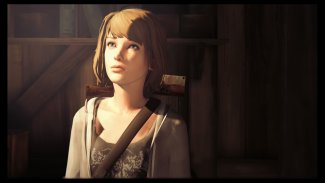
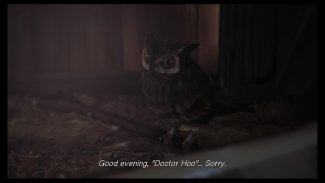
We reviewed the first episode of Life is Strange (with score and all) over here and the second and third episodes (no scores) over here and here - we'll review the full season (with a score) as it concludes with Episode 5.





